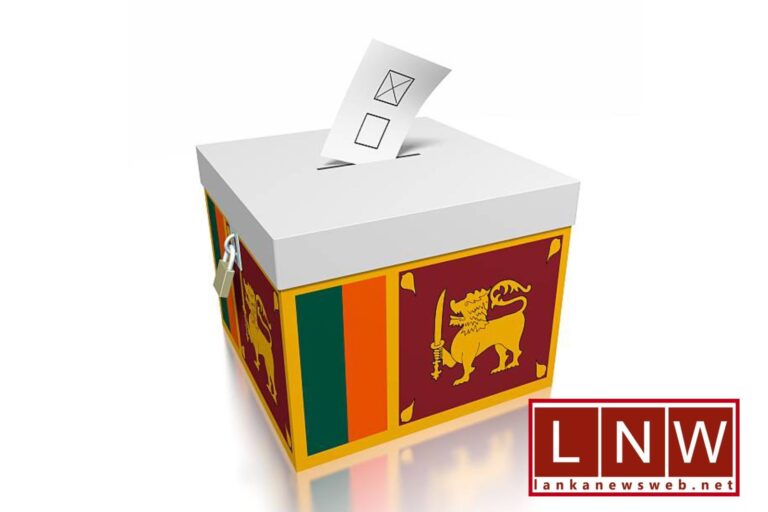May 07, Colombo (LNW): The result of the Local Government Election held in the Weligama Urban Council of the Matara District has been released.
National Peoples Power – 5318 (09)
Samagi Jana Balawegaya – 2371 (03)
Independent Group 01 – 1960 (03)
Independent Group 02 – 1577 (02)
United National Party – 411 (01)
Sri Lanka Podujana Peramuna – 406 (01)


